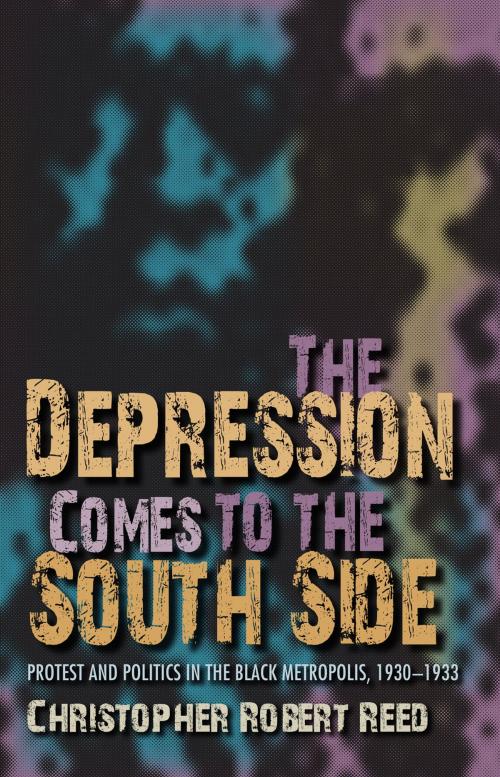The Depression Comes to the South Side
Protest and Politics in the Black Metropolis, 1930-1933
Nonfiction, Social & Cultural Studies, Social Science, Cultural Studies, African-American Studies, History, Americas, United States, 20th Century| Author: | Christopher Robert Reed | ISBN: | 9780253005526 |
| Publisher: | Indiana University Press | Publication: | October 5, 2011 |
| Imprint: | Indiana University Press | Language: | English |
| Author: | Christopher Robert Reed |
| ISBN: | 9780253005526 |
| Publisher: | Indiana University Press |
| Publication: | October 5, 2011 |
| Imprint: | Indiana University Press |
| Language: | English |
In the 1920s, the South Side was looked on as the new Black Metropolis, but by the turn of the decade that vision was already in decline—a victim of the Depression. In this timely book, Christopher Robert Reed explores early Depression-era politics on Chicago's South Side. The economic crisis caused diverse responses from groups in the black community, distinguished by their political ideologies and stated goals. Some favored government intervention, others reform of social services. Some found expression in mass street demonstrations, militant advocacy of expanded civil rights, or revolutionary calls for a complete overhaul of the capitalist economic system. Reed examines the complex interactions among these various groups as they played out within the community as it sought to find common ground to address the economic stresses that threatened to tear the Black Metropolis apart.
In the 1920s, the South Side was looked on as the new Black Metropolis, but by the turn of the decade that vision was already in decline—a victim of the Depression. In this timely book, Christopher Robert Reed explores early Depression-era politics on Chicago's South Side. The economic crisis caused diverse responses from groups in the black community, distinguished by their political ideologies and stated goals. Some favored government intervention, others reform of social services. Some found expression in mass street demonstrations, militant advocacy of expanded civil rights, or revolutionary calls for a complete overhaul of the capitalist economic system. Reed examines the complex interactions among these various groups as they played out within the community as it sought to find common ground to address the economic stresses that threatened to tear the Black Metropolis apart.















